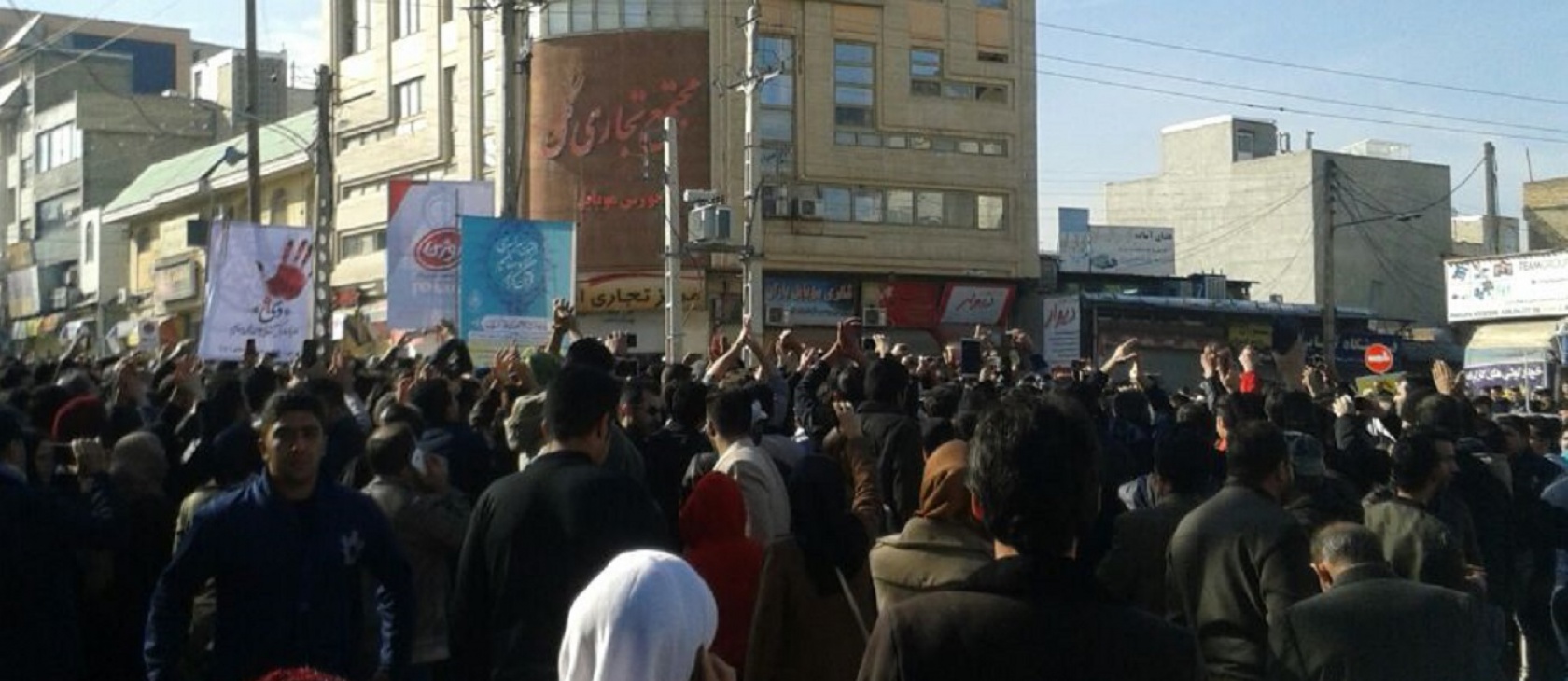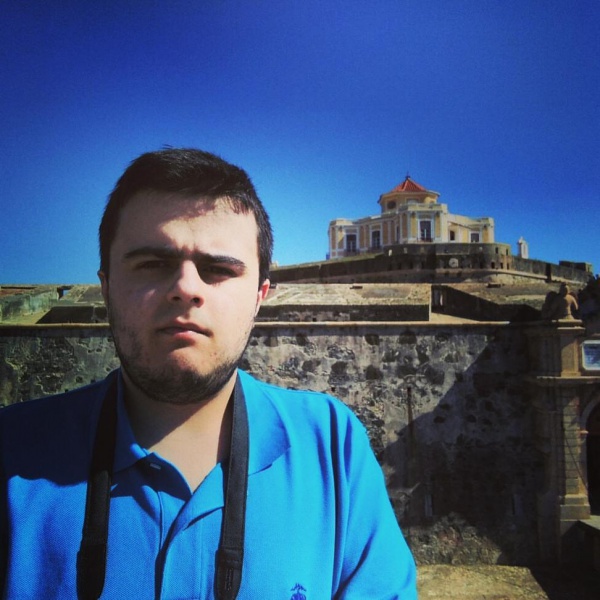As 2017 ended, the Iranian people surprised the world by protesting against their nation’s theocratic system – including the Ayatollah – over rising prices, political corruption, and the lack of civil liberties. At least 21 people have been killed, and the head of Tehran's Revolutionary Court has threatened protesters with the death penalty. The Iranian regime killed protesters in the streets, shortly after Venezuela’s repressive socialist government killed protesters in its own nation. However, disturbing reports indicate that one of Spain’s main political parties may be funded by both totalitarian regimes – because Iran believes socialism undermines the West.
The party is PODEMOS, a far-Left party that rules the most important cities – Madrid, Barcelona, and Saragossa – and holds 67 of 350 seats in the lower chamber of Spanish Parliament, the Congress of Deputies. Some of its members would call themselves Marxists. However, it apparently has ties with Venezuela’s socialist tyranny and Iran’s fundamentalist Islamic theocracy.
“The Iranians are interested in the spread of leftist discourse”
In March 2013, during a conference session organized by the Communist Youth Union of Aragon, Pablo Iglesias said that Iran’s government is interested in spreading left-wing ideology throughout Latin America and Spain, because it would undermine those societies. “The Germans were interested in putting Lenin on a train to destabilize Russia,” he said. “The Iranians are interested in the spread of leftist discourse in Latin America and Spain, because it affects their adversaries.”
Those ties became personal last November, when a petition from the People’s Party (PP) led a parliamentary commission of the Spanish Senate to investigate the finances of PODEMOS. The party’s founding member Juan Carlos Monedero and former collaborator Enrique Riobóo were called to testify. Monedero had to admit having nearly €700,000 in three bank accounts – including €425,000 from Venezuela in 2013. He finally admitted that he received €200,000 in an offer to buy a TV channel to distribute Venezuelan propaganda (Channel 33/Canal 33).
Meanwhile the owner of that TV channel, Enrique Riobóo, told the parliamentary commission that the leader of PODEMOS, Pablo Iglesias, brokered an agreement for the Iranian regime to invest in the channel. Riobóo also alleged that Iglesias’ party used “millions of euros” from Iran to fund PODEMOS during the 2014 European elections.
Iran’s government is interested in spreading left-wing ideology throughout Latin America and Spain, because it would undermine those societies.
Apart from that, Spain’s Economic and Tax Crimes Unit (UDEF) suggested that Iran laundered money to PODEMOS through the communications company 360º Global Media, according to the right-wing newspaper La Gaceta. Spanish courts threw out that specific allegation due to a lack of evidence. However, there is additional evidence of a relationship between PODEMOS and extreme statists.
Several leaders of PODEMOS – including Pablo Iglesias, Íñigo Errejón, Carolina Bescansa, and Juan Carlos Monedero – have worked for the same think tank, the Centre for Political and Social Studies (CEPS). CEPS worked for (and was compensated by) Hugo Chávez's dictatorship, as well as Ecuador’s Rafael Correa. Between 2004 and 2012, CEPS received $3.2 million from Venezuela’s Commission for the Administration of Currency Exchange (Cadivi), which is responsible for foreign exchange rates. CEPS quietly shut down its website when Venezuela’s parliament announced a forthcoming investigation into the financial links between the Chavez government and the main executive board members of PODEMOS.
Geopolitics explains much of the alliance. Chavez helped the mullahs evade United Nations sanctions, according to the Brazilian newspaper Veja, and helped Tehran produce raw materials for rockets. Conversely, Iglesias appreciated that Iran was a steadfast ally of Chavez’s socialist regime.
Socialism’s popularity across the transatlantic sphere should concern everyone who sees the repression playing out in the streets of Venezuela and Iran.
PODEMOS attempted to import Venezuela’s forms of intimidation. After the 2015 legislative elections, PODEMOS conditioned a government agreement with the socialist party (PSOE) on the ability of citizens to hold a referendum revoking its power. This seemingly grand gesture was copied directly from Venezuela. Hugo Chavez promised voters he would be subject to a recall referendum. But after his election, the Bolivarian tyrant warned the nation that the names and identification numbers of everyone who signed petitions for a referendum against him would be registered in the government archives…and at his disposal.
PODEMOS has certainly not repudiated Venezuela or Iran; it has even praised their leaders. “Today, we democrats have lost one of our own,” said Iglesias just after Chavez’s death on the party's television program, La Tuerka, broadcast on Channel 33. At a one-year tribute event, Errejón suggested that Europe needed leaders like the former Venezuelan dictator. In 2016, PODEMOS members of the European Parliament voted against a statement urging Venezuela to release political prisoners. Last year, the party vetoed a proposal favored by the Socialist Party (PSOE), People’s Party, and Ciudadanos to condemn Maduro’s regime in the Spanish Congress of Deputies.
The party has likewise been silent about the crackdown on Iran’s protesters. Last Thursday, December 28, Mashhad sparked a week of protests against Iran’s Islamic government. PODEMOS did nothing to condemn Iran or support the right to freedom of speech. However, in the past year it has launched the national tour of a bus (the tramabús) intended to expose PP corruption cases and promoted a motion to censure Prime Minister Mariano Rajoy.
Iran and Venezuela are among the main advocates of ideologies at war with the West. PODEMOS leaders have not condemned their crimes but openly aligned themselves with regimes that disregard the fundamental tenets of the West: human dignity, religious liberty, the right to free speech and assembly, and economic freedom. Iran exports radical Islam – which dominated Spain for too much of its history. Venezuela exports a disregard for the human rights and civil liberties of its citizens. Both export populist, leftist socialism for their own reasons; at least one of them believes socialism is the key to weakening the West from within. Socialism’s popularity across the transatlantic sphere should concern everyone who sees the repression playing out in the streets of Venezuela and Iran.




